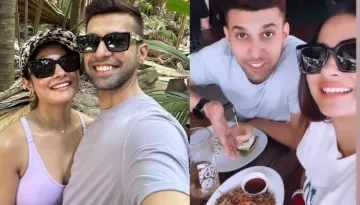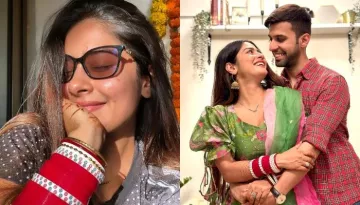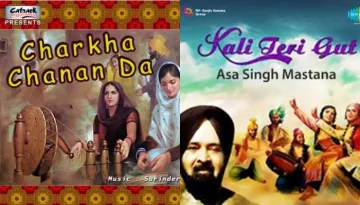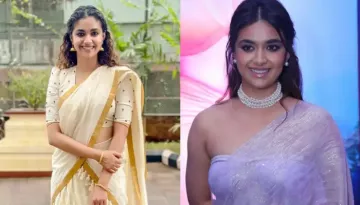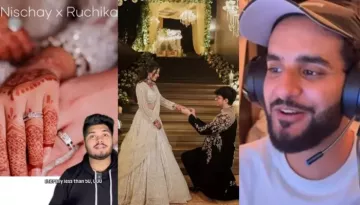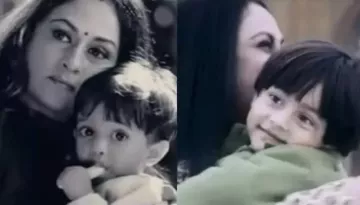Parsi Wedding Rituals: In One Of The Rituals, The Bride And The Groom Throw Rice On Each Other
From the hues of red and white tones and sombre rituals, Parsi weddings are one of a kind. So much so, that many customs go on for as long as one week. Here is your guide to a Parsi wedding!
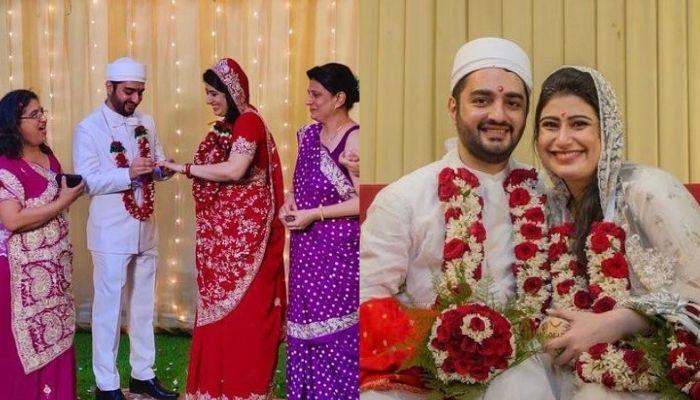
India is a blend of many cultures and traditions and we are often fascinated by the ways different cultures perform their traditions. Especially, when it comes to weddings, we wish to know the rituals of different cultures and sometimes, some wedding cultures make a place for themselves in our hearts. From Sindhi wedding to Bengali, Punjabi to Hindu, Muslim to Gujarati, every wedding has its own flavours and something special to offer. The same is the case with the Parsi weddings, performed in Zoroastrian culture.
Recommended Read: A Bride Wore Neha Kakkar's 'Mehendi Lehenga' With A Twist, Her Unique 'Kaleeras' Stole The Show
Parsi weddings are elaborate and different from the usual Hindu wedding traditions and rituals. From the hues of red and white tones and sombre rituals, Parsi weddings are one of a kind. So much so, that many customs go on for as long as one week. A Parsi wedding is also known as the ‘lagan’ ceremony. Parsi weddings also comprise pre-and post-wedding rituals like any other wedding. Here is your guide to a Parsi wedding!
Pre-Wedding traditions and rituals of Parsi wedding
An un-official engagement ceremony in a Parsi wedding
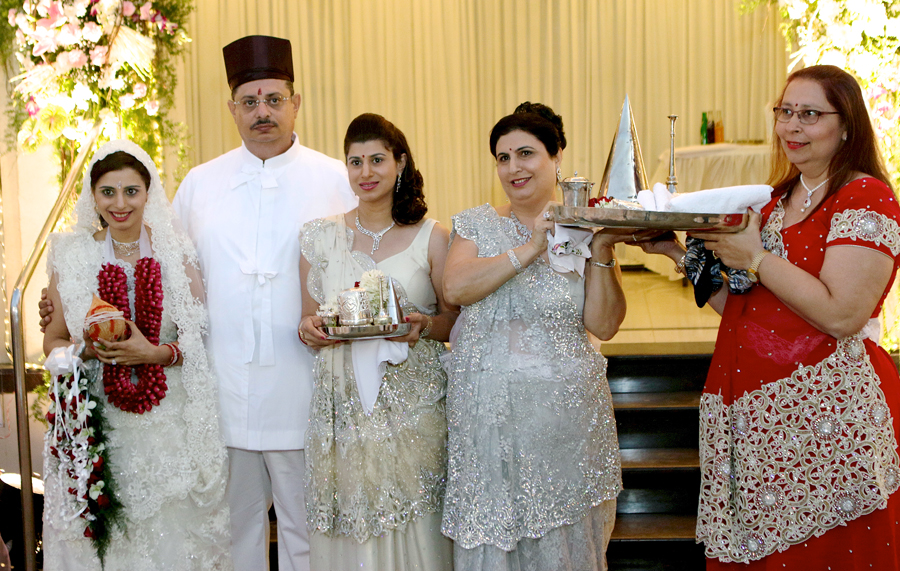
In the rupia peravanu ritual, ladies from the bride’s family visit the groom’s house and likewise, female members of the groom’s family visit the bride’s family. Both give gifts, money and a silver coin to the groom as well as the bride respectively. It is an engagement ceremony of an unofficial kind.
A tree-planting ritual in a Parsi wedding
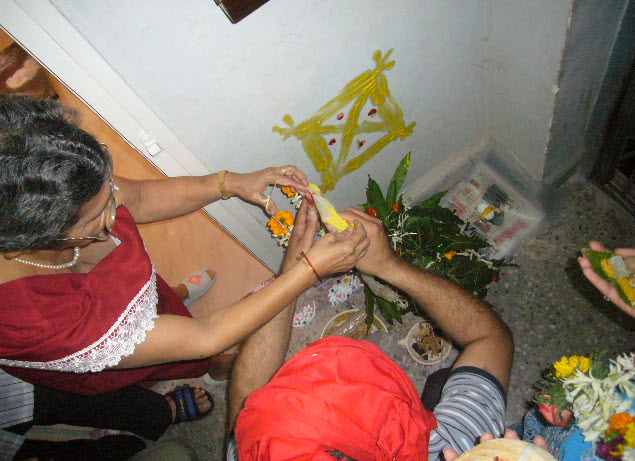
According to the madhavsaro ritual, both families are supposed to plant a tree in a flower pot and keep it on the main entrance of their respective houses. This pot is kept there for about 7-8 days after the wedding and watered every day. After this, it is removed from the entrance and placed elsewhere.
Also Read: COVID Positive Bride Ties The Knot In A Unique, Quarantine Wedding Maintaining Distance From Window
Continue reading below
In-laws bring gifts for the bride in a Parsi wedding
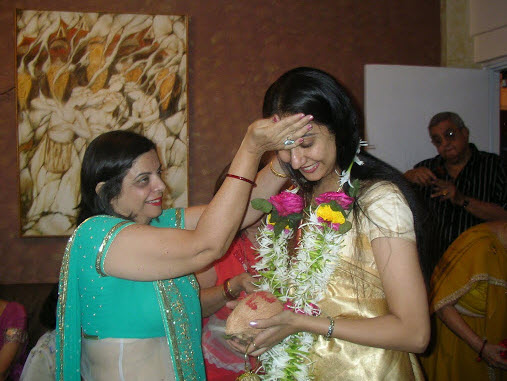
In the adarni ritual, the bride is visited by her future in-laws and family with gifts, jewellery and clothes. They are served delicacies by the bride’s family.
Haldi rasam in a Parsi wedding
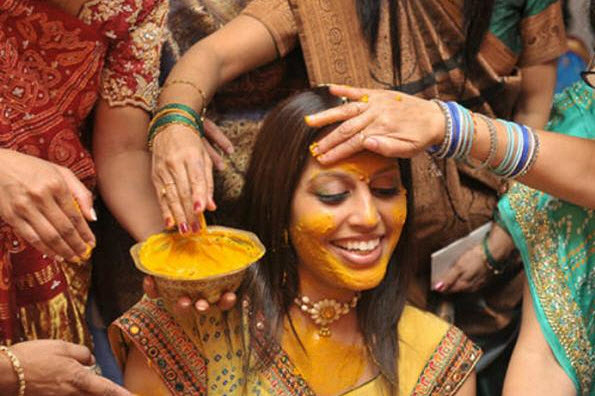
Image Courtesy: Pinterest
In the Supra Nu Murat ritual, five married ladies apply a turmeric paste on to the bodies of the bride and the groom. It is as same as the Haldi ceremony at a Hindu wedding.
Also Read: This Bride Recreated Kareena Kapoor Khan's Wedding Look For Her Own 'Shaadi'
The bath of purity and cleansing in a Parsi wedding
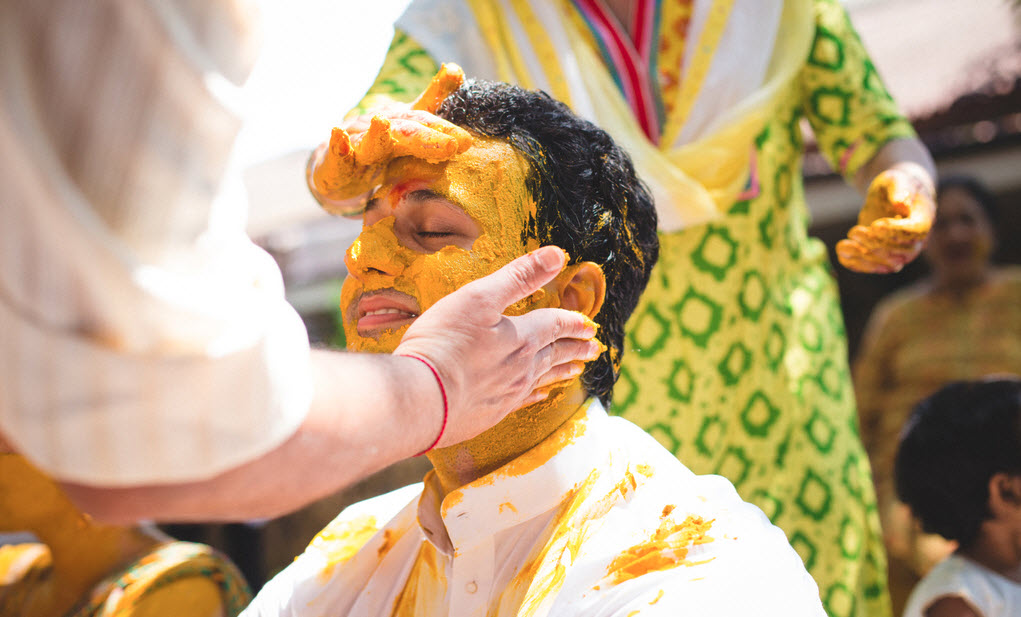
In this ritual, both the bride and the groom take a bath for purity and cleansing. They then start getting ready for the wedding. It is called Nahan ritual.
Wedding traditions and rituals of a Parsi wedding
The bride and groom get ready for the wedding in traditional Parsi clothes
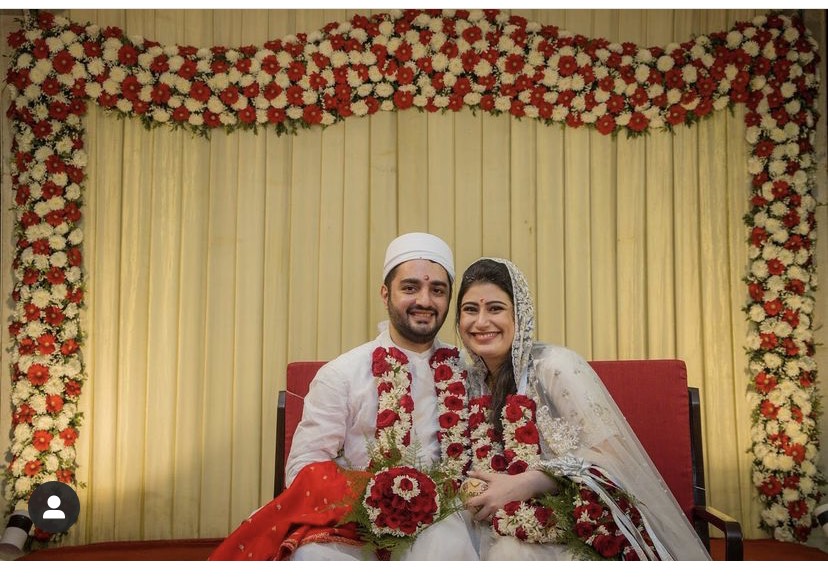
The bride wears a white ornate silk or chiffon saree, which is traditionally called the Para Gara. The sarees are passed on from one generation to another and they are aesthetically comfortable to wear. The saree is draped in a manner that can cover the bride's head during one of the rituals. She wears simple jewellery that is a family heirloom along with the red bangles gifted by her mother-in-law. The groom, on the other hand, wears a Parsi Dagli, a white overcoat, and a Fetah, which is a long black traditional Parsi hat. Along with it, they wear a white cotton shirt kurta and an off-white shawl on his shoulder with black formal shoes.
Recommended Read: Celebrities And Real Brides, Who Ditched Red And Chose Shades Of Gold for Their Wedding 'Lehenga'
Setting up of the stage for bride and groom in a Parsi wedding
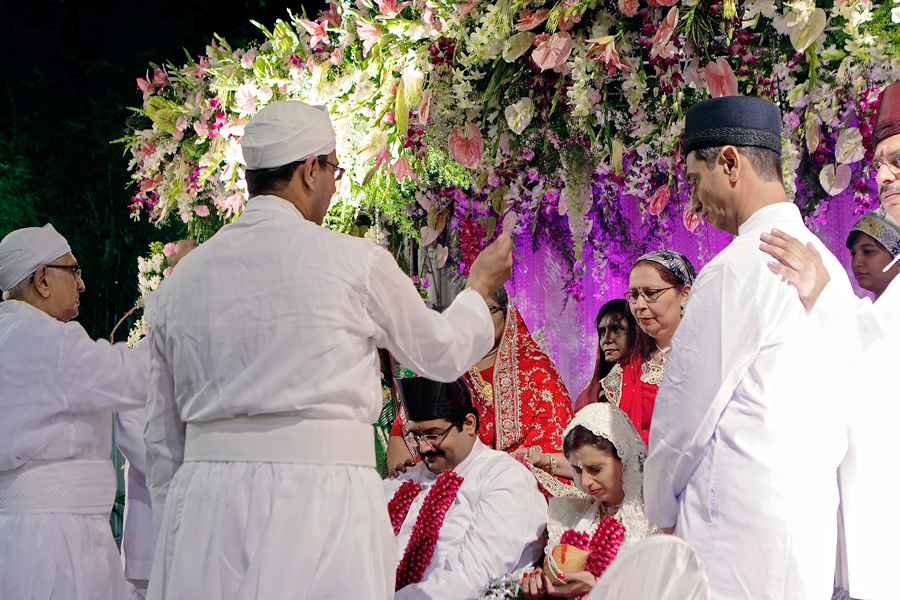
In Parsi weddings, a stage white and red stage is built for the couple. Here, the mother of the bride carries a tray that contains some rice, a coconut, dates, raw eggs and water. She then circles all these items, sprinkling water on either side of the groom and then throws them away. The groom’s mother repeats the same ritual for the bride. This ritual is called the achu michu ritual and is done to ward off any evil vibes that might have made their way towards the bride or the groom.
When a white parda is placed between the bride and the groom in a Parsi wedding
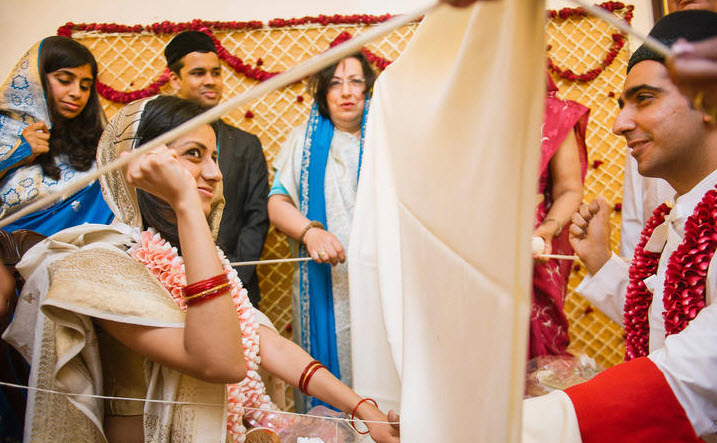
The bride and the groom sit facing towards each other and a white cloth parda placed in between them. This ritual is called Ara Antar.
Must Read: A Plus Size Sabyasachi Bride Recreated Deepika Padukone's First Anniversary Look, Shares Her Story
When bride and groom throw rice at each other in a Parsi wedding
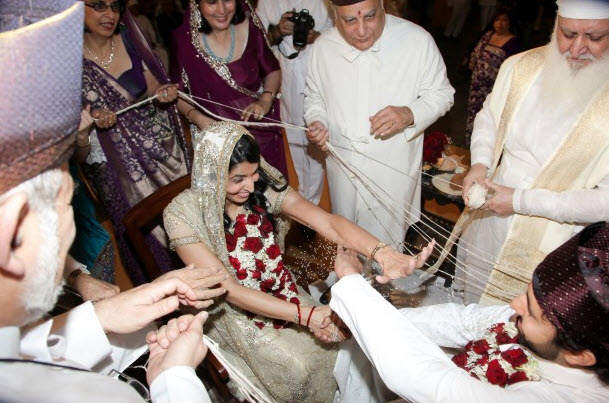
Once the white parda is placed between the bride and the groom, seven married ladies circle around them with a white thread seven times. After this, the bride and the groom shower rice grains, given to them by their mothers at each other from over the parda and whoever does it first is said to be the one, who will rule the household. All along with the ceremonies, the Parsi priest chants the Persian prayers.
The official exchange of rings in a Parsi wedding
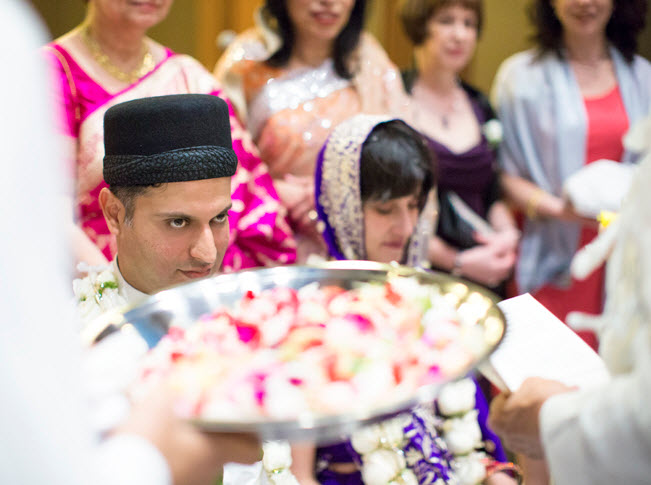
The couple sits next to each other with oil lamps placed on their sides, the priest begins the prayer rituals to officiate the wedding. The couple exchanges the rings to end the wedding rituals and is showered with rice to signify love and blessings. This ritual is called Chero Bandhvanu.
Also Read: Gorgeous Brides Who Rocked Their Wedding Outfit With Pretty Blouse Designs
Post-Wedding traditions and rituals of Parsi wedding
When the bride's sister unties the couple in a Parsi wedding
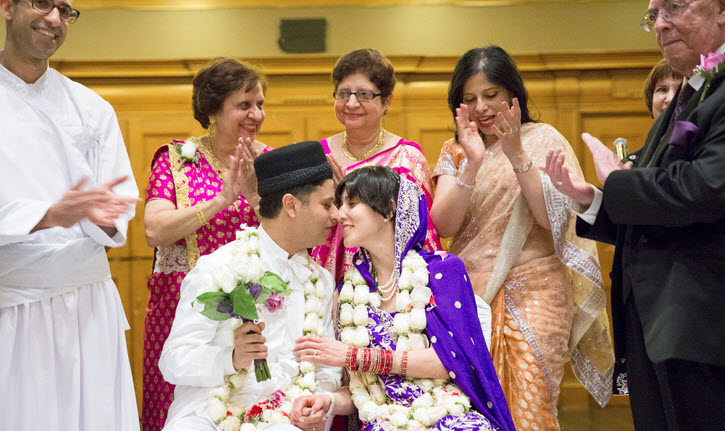
In Haath Borvanu ritual, the sister of the bride is supposed to untie the couple from the strings and strands and in return, the groom gives her money. She also performs the cleansing ritual as she places the groom's hands in a bowl of water.
When the bride's sister-in-law threatens the groom in a Parsi wedding
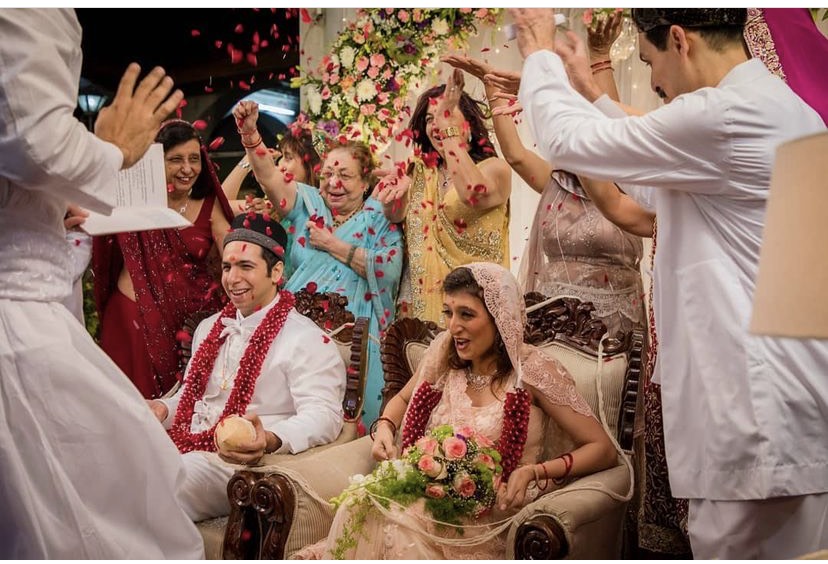
Image source: Mazda Studio
After the bride's sister, it is her sister-in-law's turn to play with the groom. This rasam is called Pag Dhovanu and in this, the sister-in-law of the bride playfully threatens the groom to spill milk on his shoes and to save them, the groom gifts her money.
The couple visits the fire temple and places roses on the oil lamps in a Parsi wedding
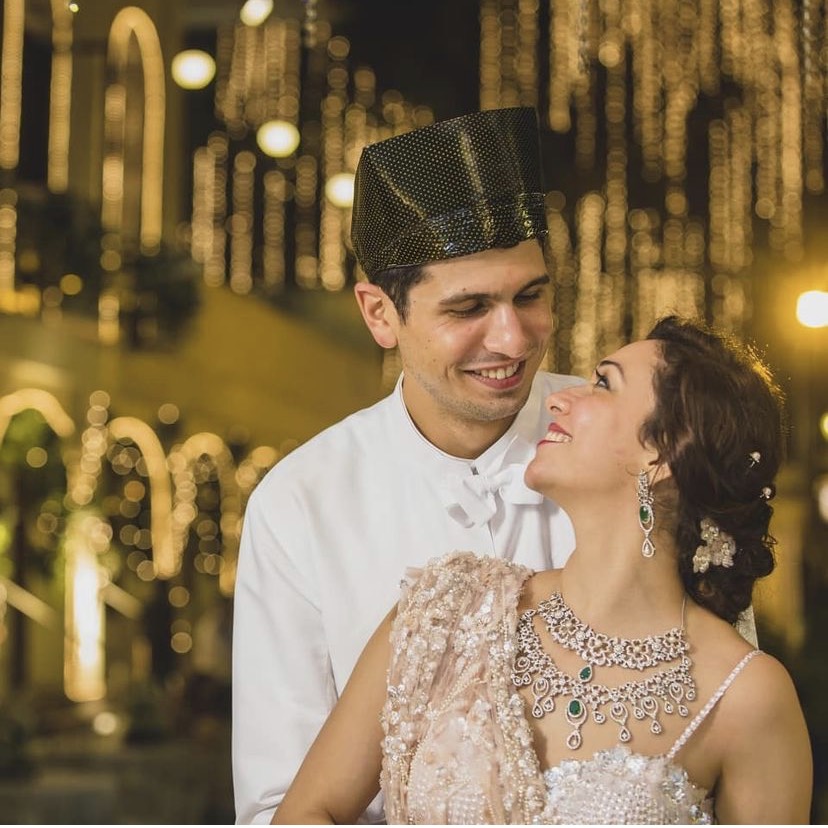
Image source: Mazda Studio
After all the rituals, the now-married couple exit the red and white stage and head to the fire temple for the blessings of the almighty. They also put out the oil lamps placed on the couple's either side during the wedding ceremony by placing a rose flower on the flame.
After the traditional Parsi wedding, happens a Reception Party
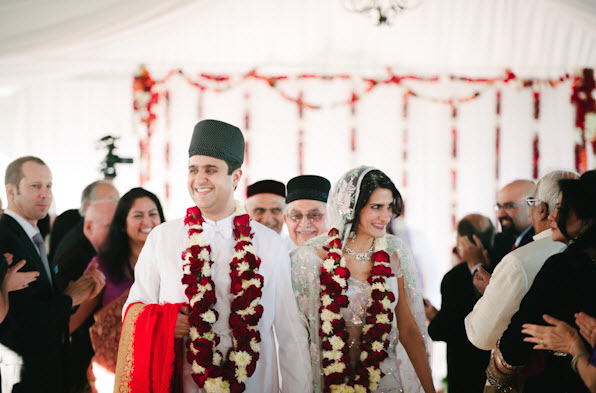
The grand affair of the traditional Parsi wedding comes to a delightful end with the reception party hosted by the groom’s family. Also, the mother of the groom repeats the achumichu ritual on the arrival of the couple back home.
Recommended Read: Real Brides, Chaitali And Cchesshta Share Their Lockdown Wedding Tale, From Precaution To Experience
India with its diversities in languages, people and cultures has one of the largest number of regions and religions in the world, all with their own distinct wedding rituals. Parsi wedding rituals are also one of them and are quite different from the other traditional Indian Hindu marriage customs. We hope you loved reading about all the traditions.
Images source: Instagram
advertisement
advertisement
advertisement


